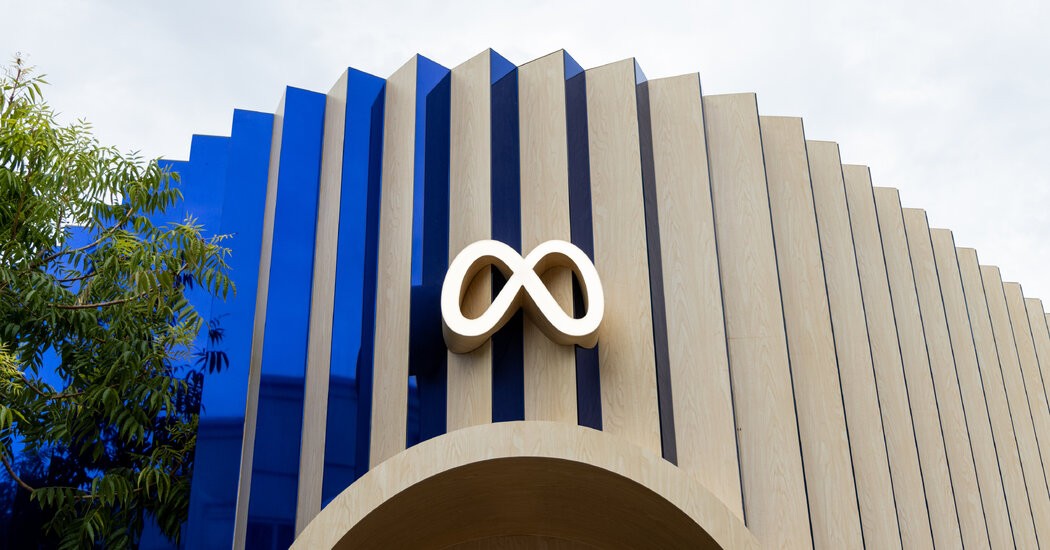A federal judge has ruled that Meta (formerly Facebook) did not violate antitrust laws when it acquired Instagram and WhatsApp, delivering a significant legal victory for the tech giant and a setback for U.S. regulators. The ruling, issued Tuesday by Judge James E. Boasberg of the U.S. District Court for the District of Columbia, effectively dismisses the Federal Trade Commission’s (FTC) lawsuit alleging Meta illegally maintained a monopoly through these acquisitions.
The FTC’s Case and the Judge’s Ruling
The FTC argued that Meta employed a “buy or bury” strategy, acquiring potential competitors to eliminate future competition in the social networking market. The agency sought a court order forcing Meta to divest Instagram and WhatsApp. However, Judge Boasberg found that the FTC failed to demonstrate Meta held a monopoly or that the acquisitions stifled competition.
The judge specifically noted that the social media landscape has continued to evolve, with new rivals like TikTok and YouTube emerging. The ruling hinged on the court’s interpretation of market definition; the FTC’s narrow focus on established competitors didn’t account for broader competitive forces. As the judge stated, the FTC needed to prove that Meta’s actions demonstrably harmed competition, a standard it did not meet.
Implications for Meta and Tech Regulation
This decision allows Meta to proceed with its business strategy unimpeded, including its expansion into new areas such as artificial intelligence. The company, which dominates social media since its founding in 2004, now faces fewer immediate legal hurdles.
However, the ruling does not signal an end to antitrust scrutiny of Big Tech. The Department of Justice has recently secured wins against Google in separate cases concerning search and advertising dominance, with one decision still pending. This suggests that regulatory efforts to curb tech power are ongoing, albeit with mixed results.
A Broader Trend: Antitrust in the Digital Age
The FTC’s lawsuit against Meta, initiated under the Trump administration and continued under Biden, reflects a growing trend of government intervention in the tech industry. Regulators are increasingly focused on preventing monopolies and fostering competition in digital markets. This case highlights the challenges of applying traditional antitrust frameworks to rapidly evolving industries like social media.
The legal standard for proving antitrust violations remains high, requiring clear evidence of anti-competitive behavior. The FTC’s failure to meet this standard in the Meta case demonstrates the difficulty of breaking up established tech giants through litigation.
This ruling is a reminder that even aggressive antitrust enforcement faces significant legal and evidentiary hurdles when challenging dominant tech companies.
The outcome of this case will likely influence future antitrust litigation against Big Tech, reinforcing the need for regulators to present robust evidence of harm to competition.




















